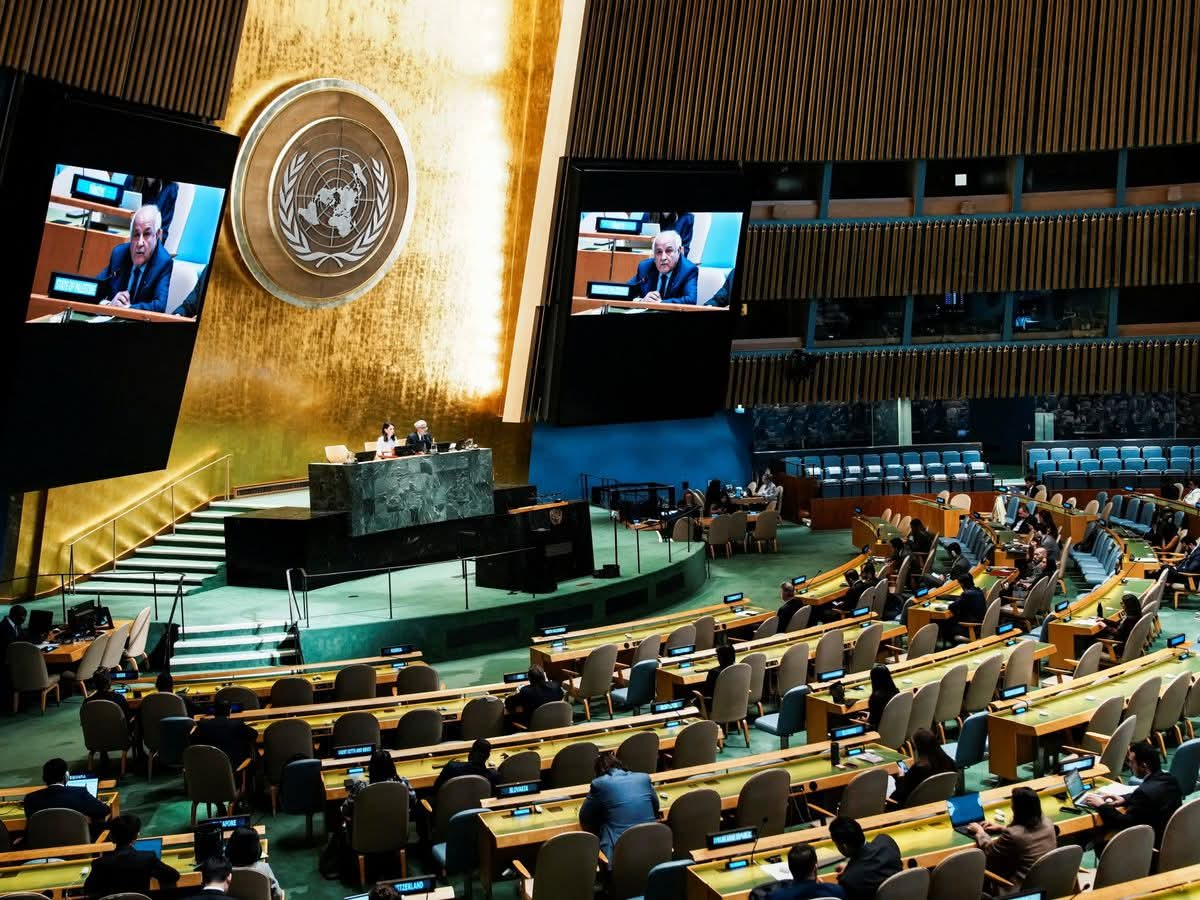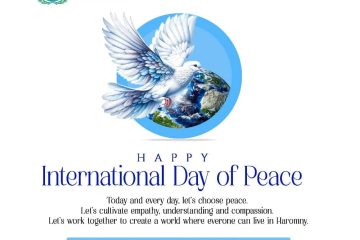By Augustine Igweshi
Executive Director, CEPASD
As world leaders gather at the United Nations Headquarters in New York for the 80th General Assembly, the world watches with both hope and concern. The Assembly’s focus on the Pact for the Future-with its emphasis on security, youth, and gender-comes at a critical moment in human history. We face unprecedented challenges: violent conflicts, the climate crisis, growing inequalities, and threats to democratic governance. At the same time, young people, women, and communities at the margins continue to demand a future of justice, dignity, and peace.
This General Assembly must not become another ceremonial gathering of speeches and pledges. It must serve as a turning point, where leaders demonstrate that multilateralism still works, and that collective action can overcome division. The challenges we face are too complex for any nation to solve alone. Whether it is armed conflicts that destabilize entire regions, climate-induced displacement, or rising gender inequalities, no country is immune. Humanity’s future depends on collaboration, not competition; solidarity, not isolationism.
Youth as Partners, Not Bystanders
Young people today are more connected, informed, and courageous than ever before. They are leading social movements, driving innovation, and demanding accountability. Yet, far too often, youth are excluded from decision-making tables. The Pact for the Future must recognize that youth are not only beneficiaries of peace and development but indispensable partners in shaping it. Investment in education, meaningful participation, and economic opportunities for young people is not optional-it is central to building a peaceful and sustainable future.
Gender Equality as a Cornerstone of Peace
The theme of gender at this year’s Assembly is equally vital. Around the world, women continue to bear the brunt of violence, poverty, and exclusion, yet their leadership consistently brings resilience and transformation to peacebuilding and governance. To achieve the aspirations of the Pact for the Future, leaders must commit to dismantling systemic barriers against women, ensuring their full participation in political, economic, and peace processes. Peace without women is incomplete, and development without gender equality is unsustainable.
Security through Cooperation, Not Militarization
In addressing global security, the temptation to rely on militarization and unilateral actions must give way to diplomacy, dialogue, and preventive strategies. True security is not only the absence of war but the presence of justice, opportunity, and human dignity. This requires investing in mediation, peacebuilding, climate resilience, and social inclusion.
A Call to Action
As leaders convene in New York, I urge them to rise above narrow national interests and political divisions. The Pact for the Future must be more than a document; it must be a roadmap for tangible action. Leaders must commit to:
Strengthening multilateral institutions so they are fit for today’s challenges.
Mainstreaming youth and gender perspectives into every peace and development policy.
Advancing climate action with urgency and justice.
Redirecting resources from weapons of war toward tools of peace and development.
Conclusion
History will judge this generation of leaders not by the speeches delivered in grand halls, but by the lives they transformed and the peace they secured. The world is looking to New York with hope that our leaders will summon the courage to work together, bridge divides, and commit to a future where humanity thrives in peace, equality, and solidarity.
The 80th UN General Assembly must not be another missed opportunity
It must be the moment where the world acts, together, for our shared future.



